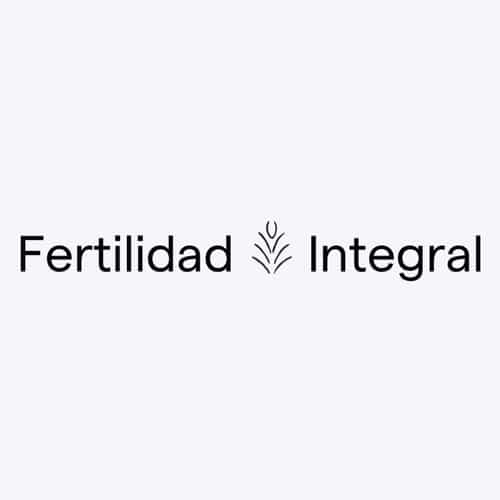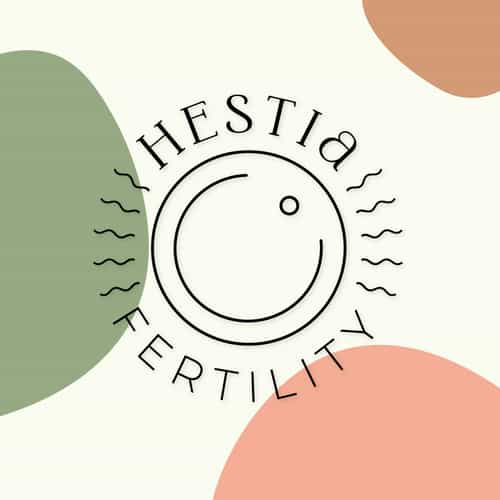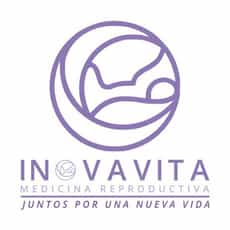Average Cost of IVF in Mexico City, Mexico
-Cost-in-Mexico-City,-Mexico.png)
IVF in Mexico City: A Beacon of Hope for Aspiring Parents
For those dreaming of parenthood but facing challenges conceiving naturally, In Vitro Fertilization (IVF) offers a powerful path to realizing that dream. Mexico City, with its advanced medical infrastructure and world-class fertility specialists, has emerged as a leading destination for IVF treatment. This comprehensive guide explores the nuances of In Vitro Fertilization in Mexico City, Mexico, covering everything from the procedure itself to the factors influencing success rates, costs, and legal considerations.
Cost of IVF in Mexico City, Mexico
One of the significant advantages of pursuing IVF in Mexico City is the cost-effectiveness of treatment. While prices can vary depending on the clinic, the specific procedures required, and the medications used, here's a general idea of the costs involved:
|
IVF Component |
Estimated Cost (USD) |
|
Initial Consultation |
$100 - $200 |
|
Ovarian Stimulation Medications |
$1,500 - $4,000 |
|
Egg Retrieval |
$2,000 - $3,000 |
|
Fertilization (ICSI) |
$500 - $1,000 |
|
Embryo Transfer |
$1,000 - $2,000 |
|
Total IVF Cycle |
$5,000 - $10,000 |
Note: These are approximate costs, and it's always best to obtain a personalized quote from the clinic you choose.
Understanding IVF: A Closer Look
IVF is a complex series of procedures used to assist with fertility and conception. It involves retrieving eggs from a woman's ovaries, fertilizing them with sperm in a laboratory setting, and then transferring the resulting embryo(s) into the uterus. This intricate process bypasses the natural fertilization process, offering hope to couples and individuals struggling with infertility.
Why Choose Mexico City for IVF?
Mexico City has earned a reputation as a premier destination for IVF treatment due to a confluence of factors:
- Highly Skilled Specialists: The city boasts a wealth of experienced fertility specialists who have trained at prestigious institutions worldwide. These experts bring a wealth of knowledge and a compassionate approach to patient care.
- Advanced Technology: Mexico City's fertility clinics are equipped with cutting-edge technology, ensuring patients receive the most advanced and effective treatments available.
- Affordable Costs: Compared to countries like the United States and Canada, IVF treatment in Mexico City is significantly more affordable, making it accessible to a wider range of patients.
- Accessibility: Mexico City's central location and well-connected international airport make it easily accessible for patients traveling from around the globe.
- Supportive Environment: Many clinics in Mexico City offer comprehensive support services, including psychological counseling and nutritional guidance, to help patients navigate the emotional and physical aspects of IVF.
Factors Influencing IVF Success Rates
While IVF offers a promising path to parenthood, it's crucial to understand that success rates can vary based on several factors:
- Age: A woman's age is a significant factor in IVF success. Younger women generally have higher success rates due to the better quality of their eggs.
- Egg and Sperm Quality: The quality of both eggs and sperm plays a vital role in successful fertilization and embryo development.
- Underlying Fertility Issues: The specific cause of infertility can impact the success rate of IVF. Certain conditions, such as endometriosis or blocked fallopian tubes, may require additional treatments alongside IVF.
- Lifestyle Factors: Smoking, excessive alcohol consumption, and obesity can negatively impact IVF success rates.
- Clinic Expertise: The experience and expertise of the fertility clinic and its staff can also influence success rates.
The IVF Process in Mexico City: A Step-by-Step Guide
The IVF journey in Mexico City typically involves the following steps:
- Initial Consultation: The process begins with a consultation with a fertility specialist. During this meeting, the doctor will review your medical history, conduct a physical examination, and order necessary tests to assess your fertility status.
- Ovarian Stimulation: Medications are prescribed to stimulate the ovaries to produce multiple eggs. Regular monitoring through ultrasounds and blood tests tracks the development of the eggs.
- Egg Retrieval: A minor surgical procedure is performed to retrieve the mature eggs from the ovaries. This is typically done under sedation to ensure patient comfort.
- Fertilization: The retrieved eggs are fertilized with sperm in a laboratory setting. This can be done through conventional insemination or Intracytoplasmic Sperm Injection (ICSI), where a single sperm is injected directly into an egg.
- Embryo Development: The fertilized eggs are monitored in the laboratory as they develop into embryos. Embryologists assess the quality of the embryos to select the best ones for transfer.
- Embryo Transfer: One or more embryos are carefully transferred into the uterus using a thin catheter. This procedure is usually painless and does not require anesthesia.
- Pregnancy Test: Approximately two weeks after the embryo transfer, a blood test is performed to determine if pregnancy has occurred.
Legal Considerations for IVF in Mexico City
Mexico has a well-established legal framework for assisted reproductive technologies, including IVF. However, it's essential to be aware of the following:
- Informed Consent: Clinics are required to obtain informed consent from patients before proceeding with any IVF treatment. This ensures that patients fully understand the procedures, risks, and potential outcomes.
- Anonymity: Gamete donation (sperm or egg donation) is generally anonymous in Mexico.
- Surrogacy: Surrogacy is legal in some states in Mexico, but the laws can be complex. It's crucial to seek legal advice if you are considering surrogacy.
FAQs about IVF in Mexico City
1. What are the age limits for IVF in Mexico City?
While there are no strict age limits for IVF in Mexico, most clinics recommend that women be under 50 years old due to the decreased success rates associated with advanced maternal age.
2. How many IVF cycles are typically needed to achieve pregnancy?
The number of IVF cycles required to achieve pregnancy varies from person to person. Some individuals may conceive in their first cycle, while others may require multiple attempts.
3. Can I use my own health insurance to cover IVF treatment in Mexico City?
Some international health insurance plans may cover certain aspects of IVF treatment abroad. It's essential to check with your insurance provider to understand your coverage.
4. What support services are available for IVF patients in Mexico City?
Many clinics offer comprehensive support services, including psychological counseling, nutritional guidance, and acupuncture, to help patients throughout their IVF journey.
5. What are the success rates of IVF in Mexico City?
Success rates vary depending on individual factors, but many clinics in Mexico City report success rates comparable to those in other developed countries.
6. What are the alternatives to IVF if I am not a suitable candidate?
If IVF is not an option, your doctor may discuss alternative fertility treatments, such as Intrauterine Insemination (IUI) or using donor eggs or sperm.
Want to Learn More About IVF in Mexico City? Connect with PlacidWay Today!
Embarking on the journey to parenthood through IVF can be both exciting and overwhelming. PlacidWay is here to guide you every step of the way. We connect you with reputable IVF clinics in Mexico City, provide personalized support, and help you navigate the complexities of treatment abroad. Contact us today to explore your options and take the first step towards fulfilling your dream of having a family.












.png)
.png)
.png)
-Treatments-Why-More-Couples-Are-Going-Abroad-Thumbnail.png)


.png)
